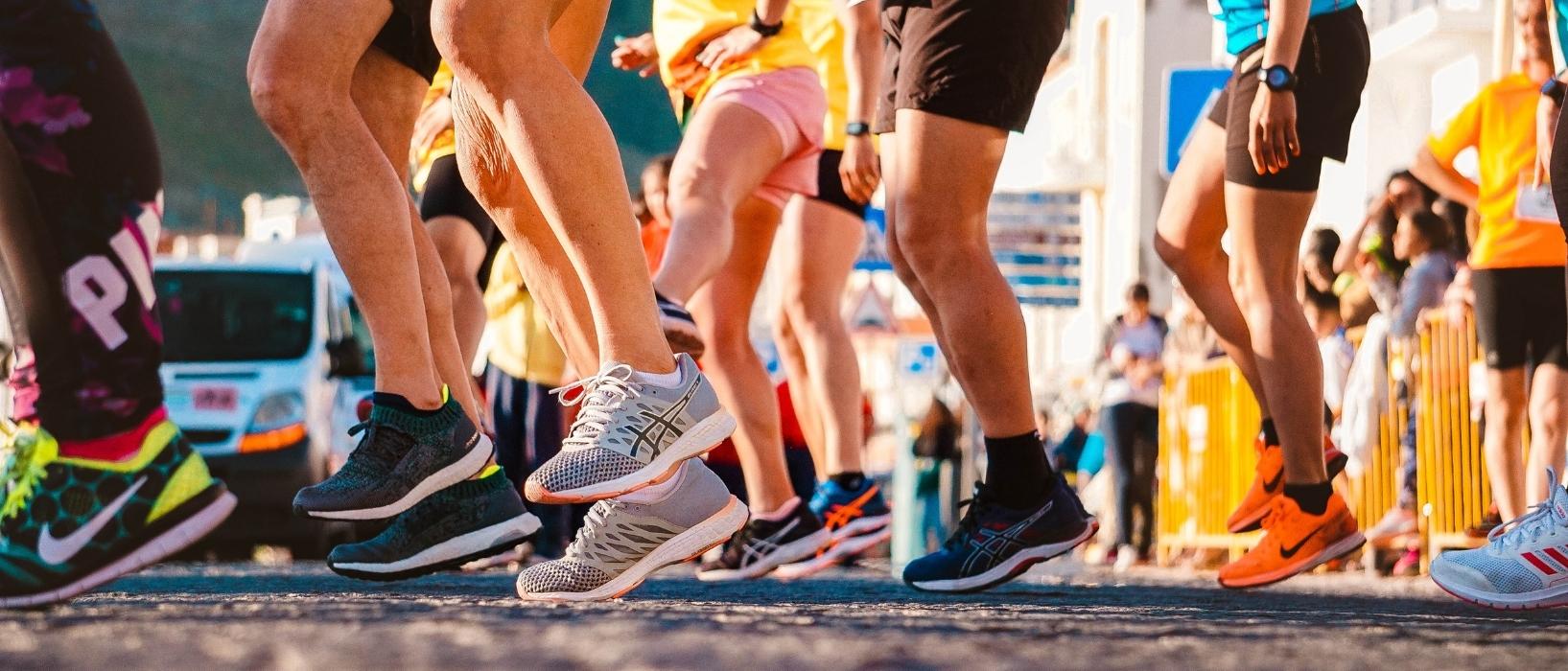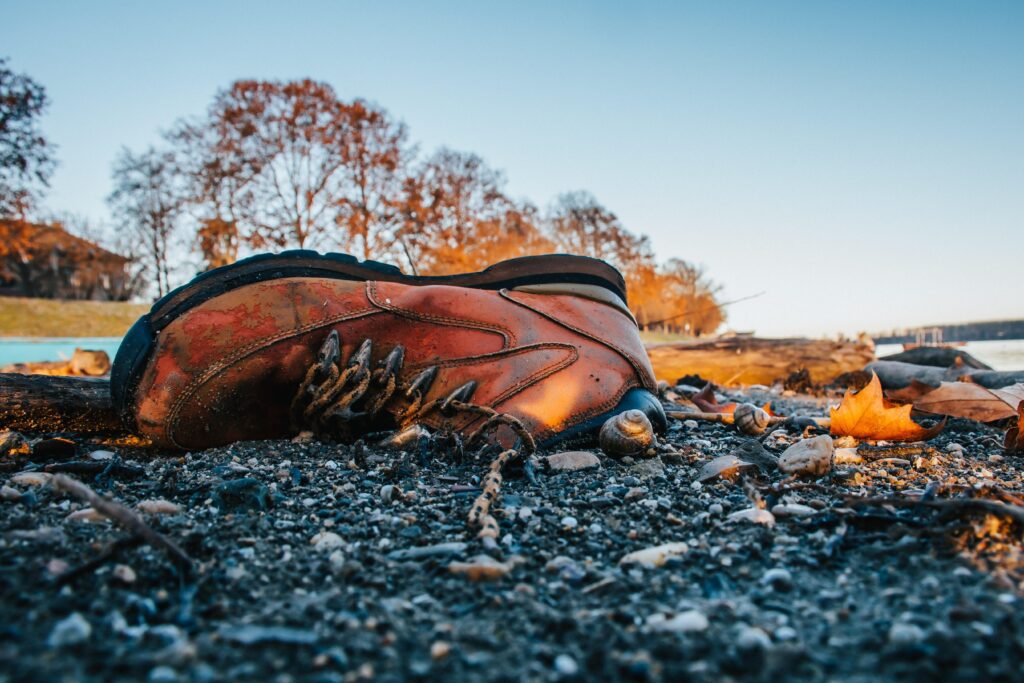
Did you know that more than 25 billion pairs of shoes are produced every single year?
Each pair will typically generate around 30 pounds of carbon emissions, an unusually high footprint for a product that requires no electricity or sophisticated components. In fact, that’s the equivalent of leaving a 100-watt lightbulb burning for an entire week.
Why so much, you ask? Well, while people tend to believe that the environmental impact of shoes comes from sourcing materials or after they are thrown out, more than two-thirds of the emissions actually arise from the manufacturing process.
A huge part of this issue is the number of different materials the shoes are made from as well as the high number of steps involved in the process. For example, the outside may be made of leather, the sole of rubber, pieces have to be cut out, injected, sewn back together.
Each of these steps requires a new type of machinery, and many of them need additional chemicals, too. Powering these machines, of course, consumes a tremendous amount of fossil fuels.
Since the vast majority of shoes are made in developing countries to obtain cheap labour, coal is still the most commonly used source of energy due to its low expense. However, it is also the ‘dirtiest’ fossil fuel, meaning it produces the highest amount of emissions, making the impact on the environment even worse.

It’s not just the emissions that damage the environment. Many chemicals, used for tanning, adhesives or as preservatives, are used to process different parts of the shoe. These can easily leak into the environment, particularly water through the factory discharge.
We’ve talked about before how leather production, in particular, is one of the most polluting industries in the world. The chemicals can harm local wildlife who consume the infected water and plants.
This also becomes an issue again during disposal. The vast majority of shoes end up in landfills, where the chemicals can leach from them and soak up into the surrounding soil and water. Again, this will harm surrounding wildlife and, as it makes its way up the food chain, could have detrimental health effects on us too.
The final aspect going into the high carbon footprint of shoes is transportation which, again, is higher because footwear manufacturing companies choose to operate in developing countries.
This means that ships, trucks, and planes are all needed to deliver the goods to your doorstep (or the shop you buy them from!). Of course, this in itself causes a massive increase in emissions.
To reduce your impact, try not to buy more sneakers than you need, and when the time does come to throw them out, why not donate instead?
Of course, when a time does come to buy a new pair, make sure you buy a more sustainably.

One fantastic vegan sneaker brand is LØCI, made entirely from sustainable materials. They don’t imitate leather. Instead, they use recycled ocean plastic to create their shoes. The insoles are made from natural, custom-made cork giving a soft bounce, and the lining is done with bamboo, giving breathability in the summer and warmth in the winter.
LØCI sneakers are handmade in a shoemakers in suburban Porto, Italy, which has been expertly crafting footwear for over 25 years. With a focus on premium vegan materials, welfare of staff, and manufacturing standards, every pair is a celebration of the high artistry, intelligence and world-renowned standards of Portuguese shoemaking.
With every pair sold, 10% of their profits are also given to grassroots organisations fighting to build ocean conservation sites and to protect endangered marine species.
Operating on the principle that “the world does not need more shoes”, LØCI employs a progressive, ‘vertical integration production method where monthly production is scaled up or down in response to demand. This means no surplus product is used, and the environmental impact can be managed much better.
Co-founder of LØCI, Emmanuel Eribo, says, “As a culture, we’re making positive moves to become more eco-conscious and sustainable, but in the fashion and footwear industry, there’s still a lot of work to be done. The average person still owns 2 – 3 pairs of leather sneakers – and having been in the shoemaking industry for ten years, it is our responsibility to encourage grassroots activism and educate customers about the positive impacts of switching to vegan footwear.”
You can order your pair here, with an extra 10% off if you sign up to their newsletter!